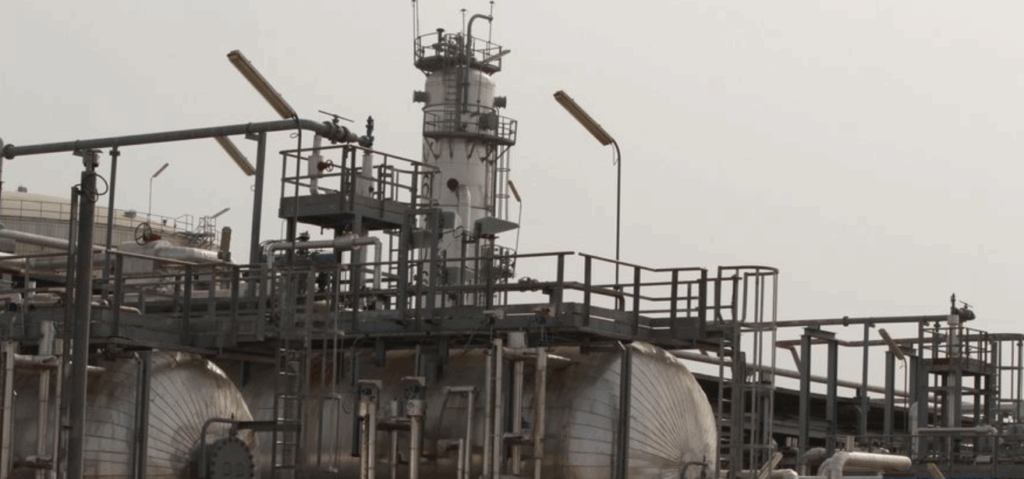South Sudan’s Ministry of Petroleum said Wednesday it has fully restored crude production and exports after drone attacks on two key oil processing facilities inside Sudan forced temporary shutdowns last week.
Undersecretary of Petroleum Ministry Eng. Deng Lual Wol told reporters in Juba that operations had returned to normal after joint South Sudan–Sudan technical teams repaired damage at the Heglig and Al Jabalain central processing facilities, which were hit in separate strikes on Nov. 13 and Nov. 15.
“This was a deliberate attack on vital national infrastructure,” Wol said. “We lost a dedicated staff member, and our thoughts remain with the family. But even in the face of tragedy, our teams responded with professionalism and courage.”
First strike triggered shutdown
The ministry said the first attack occurred on Nov. 13 at about 2:30 p.m., when an unmanned aerial vehicle fired three missiles at the Heglig Central Processing Facility, striking a maintenance workshop and laboratory and killing one staff member from 2B OPCO.
Petrolines for Crude Oil Co. immediately alerted the operating companies — Greater Pioneer Operating Company, Dar Petroleum Operating Company and Sudd Petroleum Operating Company — prompting an emergency shutdown. By 3 p.m., 2B OPCO had declared force majeure and taken Pump Station 1 and associated units offline.
A second drone strike hit the Al Jabalain facility and its power plant on Nov. 15. Bashayer Pipeline Company activated its emergency control center and halted operations to protect personnel and infrastructure.
Joint repairs completed
The ministry said a joint technical team made up of specialists from South Sudan’s operating companies, Sudan’s Ministry of Energy and Petroleum, BAPCO, PETCO and 2B OPCO was deployed within hours of the attacks to assess damage and carry out repairs.
Wol said the team worked “around the clock,” restoring power, restarting the affected processing units and reactivating Pump Station 1 by Nov. 16. SPOC resumed exports earlier on Wednesday.
“We acted as one team, one region and one technical force,” Wol said. “This collaboration shows that even under pressure, our oil sector operates with unity and precision.”
Exports fully restored
The ministry said crude is now flowing normally from South Sudan’s fields through the pipeline system to the Red Sea terminal. Wells that were shut during the emergency have been brought back online, and operations in the Unity, Tharjiath and Paloch fields have returned to full capacity.
South Sudan relies on oil for more than 90% of government revenue.
Wol said production levels will continue to rise steadily in the coming days as additional wells are restarted. He noted that Dar Petroleum is currently producing about 97,000 barrels per day, with plans to ramp up toward 150,000 barrels.
Greater Pioneer Operating Company is producing about 40,000 barrels per day and is expected to reach 50,000 barrels, its level before the shutdown. Sudd Petroleum Operating Company is producing about 13,000 barrels per day, compared with 15,000 barrels before the attacks.
Security concerns linger
Asked about security assurances as conflict continues in Sudan, Wol said leaders in both countries were coordinating with regional partners to prevent further strikes on oil infrastructure located in Sudanese territory. He said protecting the pipeline and export corridor was essential for both nations.
“As a landlocked country, South Sudan has the right to access seaports under international law,” he said. “Ensuring the safety of these facilities is in the interest of both nations.”
Wol thanked South Sudanese and Sudanese engineers for what he described as a swift and professional response that minimized disruption to the national economy.




